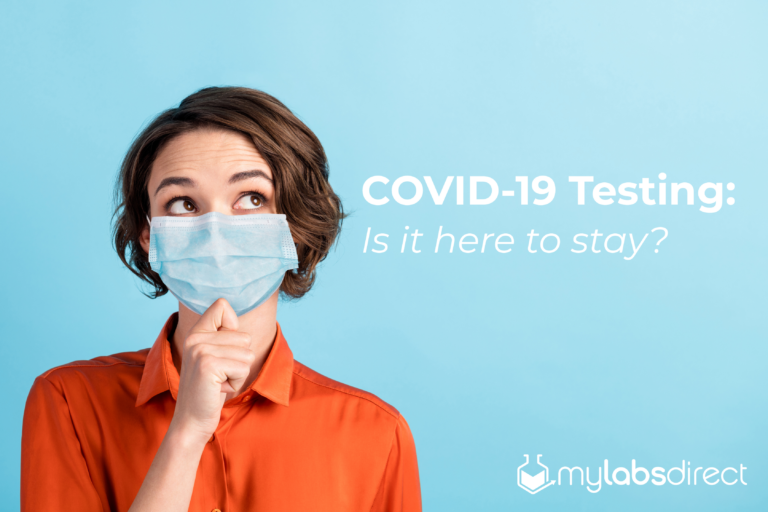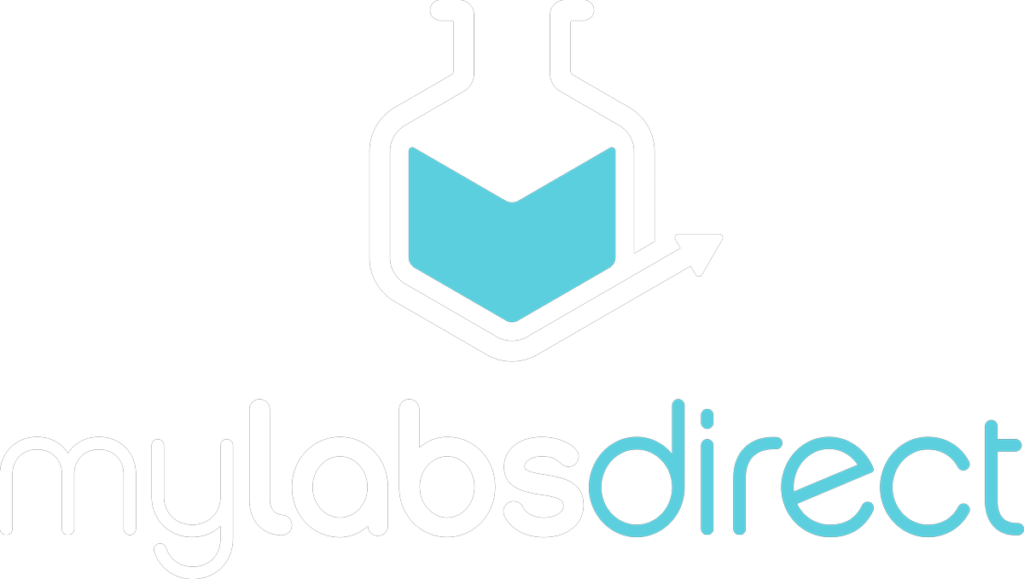COVID-19 Testing: Is it here to stay?

The COVID-19 virus came seemingly out of nowhere in 2020 and changed lives across the world. Trying to understand the spread of the virus, the symptoms, and how to keep ourselves and our families safe became everyday challenges. Many questions became highly discussed topics for all of us, including what kind of COVID-19 testing is the best and where and when we should be tested.
At the beginning of the pandemic, every cough seemed to make us all jump to the same conclusion: do I have COVID? With more information on COVID-19 than ever, we are transitioning out of an era of constant testing any time we get the slightest inkling of an illness. But does that mean we can stop testing regularly? Read on to see what our nation’s leading experts suggest.
Moving Forward
Scientists in every nation are studying the virus and learning more every day. With facts and data, we can all understand the virus and make better decisions for our health and safety. The best way to protect ourselves and others is to stay informed on all updates concerning COVID-19.
Many who have contracted COVID-19 have mild or even no symptoms. However, many have symptoms so severe they are bedridden or hospitalized very quickly upon infection. The symptoms of COVID-19 affect us all differently, which is why it’s crucial we minimize the risk to ourselves and others.
Science, cautionary lifestyles and vaccines are some of the ways we can stop the spread of an infection. Still, these choices should always be accompanied by regular testing.
If you know you have been exposed to someone who has COVID, you should always test immediately. Even if you’re not symptomatic, you could pass on the virus to friends or family. Before you engage with others during travel, work, school or a public event, you can make more informed social decisions by first testing for COVID-19.
How to Test Regularly
Finding a trustworthy COVID-19 testing option doesn’t have to add more stress to your day. Testing has become much easier since most physicians across the country offer the test, and now you can test directly at the lab or use an at-home COVID-19 test. With an at-home test, you can quickly swab for the virus and get the results back in no time.
In some areas, a mobile concierge can come to your home to conduct testing, enabling you to test without going to a waiting room or out in public.
Testing for COVID-19 directly with a trusted laboratory is the best way to get accurate and fast results. In addition, the results are often given directly to you in real-time versus having to wait to hear from the doctor’s office.
Which Test Is Right For Me?
According to intensive studies, the gold standard for COVID-19 testing is the RT-PCR test.
PCR tests have been proven to be the most accurate of all tests so far. Plus, if you test directly with the lab, same-day or 24-hour results are customary.
“Rapid” or antigen tests are becoming increasingly more common. Unfortunately, these tests are far less accurate and have a history of showing false results. The Cleveland Clinic provides clear time frames and uses for the two tests:
- Polymerase chain reaction (PCR): This tests for the presence of the virus’ genetic material as it breaks down. PCR is the most reliable and accurate test for detecting active infection but can take hours to perform. There are a few quicker options, however.
- Antigen test: Antigens are bits of proteins on the surface of the virus. These are molecules that can trigger an immune response when coming into contact with a recognizable virus. Antigen tests typically take only 15 to 30 minutes. However, rapid antigen tests are most accurate when used within a few days after you notice symptoms when the largest amount of the virus is present in your body.
Many people were hoping that the vaccine would bring an end to testing; unfortunately, this is not the case. With the increase in cases in certain parts of the country, it is clear that you can still contract COVID-19 if you are vaccinated. The CDC recommends that fully vaccinated people be tested for COVID 3-5 days following known exposure to someone with suspected or confirmed COVID-19.
The possibility of infection means these individuals should wear a mask in public indoor settings for 14 days or until they receive a negative test result. Anyone with any signs or symptoms of COVID-19 should get tested, regardless of vaccination status or prior infection.
If you get tested because you have symptoms or were potentially exposed to the virus, you should stay away from others pending test results and follow the advice of your health care provider or a public health professional.
For now, it seems testing is going to be part of our lives for the unseeable future. So stay safe, know the symptoms and find a reliable testing method that you can use and trust for your whole family.
If you have any questions, concerns or need testing, we can help. Contact My Labs Direct at 877-355-7978 or visit MyLabsDirect to learn more.

